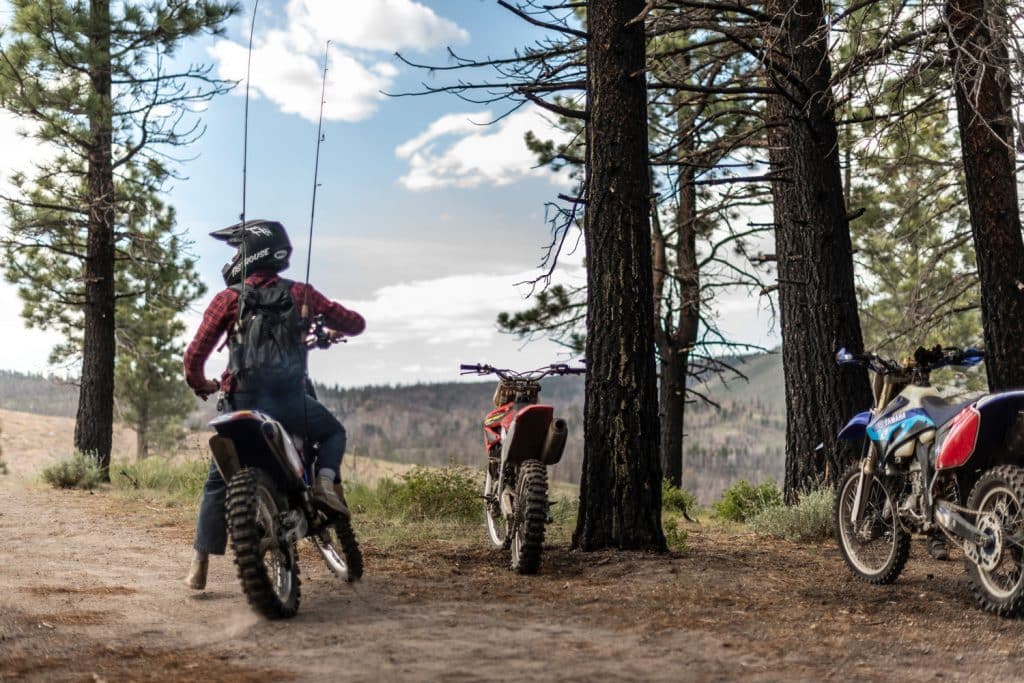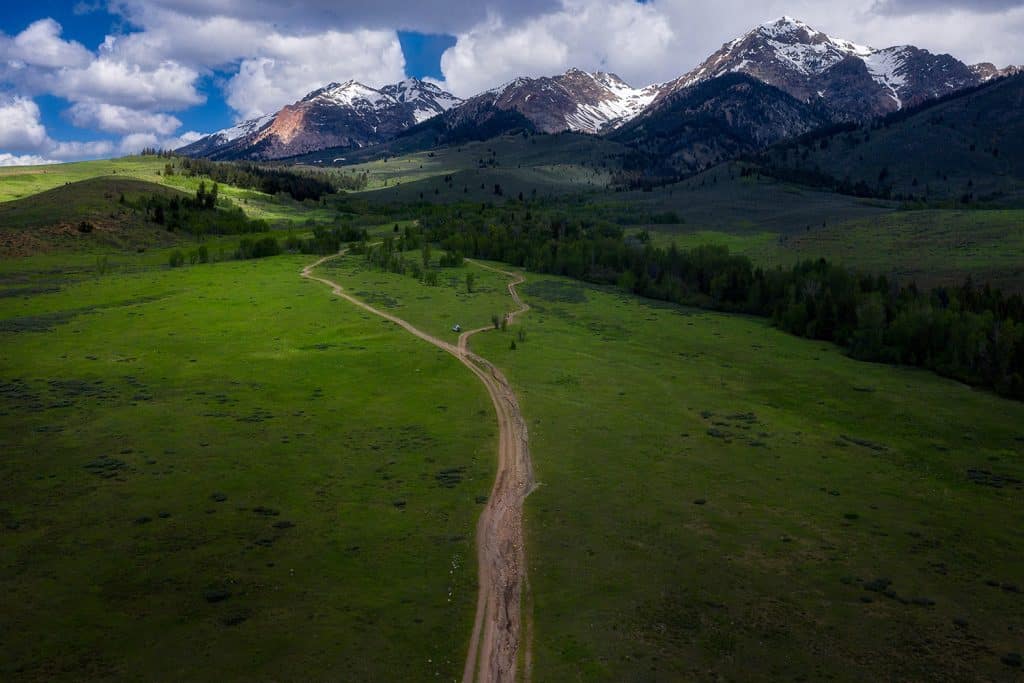Off-Roading and Land Stewardship
Land stewardship is the long-term conservation and protection of land and natural resources. Land stewardship recognizes our relationship with the land, and that we rely on it for resources and exploration. It means taking care of the land, protecting it, and acting on behalf of the land outside of our own interests. That may mean avoiding trails when the conditions are not optimal, or staying away from areas of land when animal migrations are taking place. It means paying attention to the changing climate and politics that affect land ownership and use. Land stewardship means having deep respect for the land and seeing it as a privilege, not a right.

Stewardship and Off-Roading
How we use the land can have a positive or negative impact, sometimes irreversible. As off-roaders, our trails and OHV areas are at an even greater risk because of overuse and frustrations by some. Most off-roaders follow the rules by staying on designated routes, disposing of trash properly, and respecting the land. However, just like any sport, there are the select few who disregard the rules and damage the land, drive off-trail, tear down fences and leave trash at campsites. Unfortunately, these negative actions are highlighted far more often than those who are attempting to be good stewards and take care of the land. This exposure risks off-roading access and has already closed many areas across the country.

What Can We Do to Help?
At onX we’re always looking for ways to be better land and trail stewards. How can we all save our favorite off-roading areas for many generations? Similar to onX Hunt’s Land Access Opportunity, a project to open up more public land for hunting and recreation, onX Offroad is working with our employees, communities, and organizations like Tread Lightly to find ways we can be better stewards. Protecting our shared lands is a monumental feat, but there are many things each of us can easily do when we hit the trails:
- Never drive or ride off-trail, reroute or create your own trails. If you encounter a water crossing, proceed through the crossing; do not drive around it. This causes erosion, which affects trail conditions, water routes, animal behavior, and more.
- Pick up trash along your ride. Throw it in a spare tire trash bag or an empty cooler.
- Always follow local regulations. Stay up to date on seasonal closures.
- Minimize impact. Avoid high-traffic and high-use areas.
- Unless you are in a sanctioned race, do not speed. There are blind corners everywhere where you could lose control and run into another person and/or destroy the land.
- Know where you can legally take your off-road vehicle. Once there, assess the conditions and traffic and ask if it’s ethical to be riding at that time. It’s never easy to turn around, but sometimes we have to do what’s right in order to keep our trails open longer.
- Remember that mudding is illegal on public land. Even on private land, it can damage wetlands and animal habitats. Use good judgment.
- Be respectful of everyone on the trail. Our positive behavior as off-roaders can help change the perspective of those who may not understand off-roading. Pull over and allow others to pass, slow down or stop for pedestrians, and say hi to everyone you pass.
It is our mission to help people explore farther with confidence. If we all show respect for the land we love and rely on, then we have a better chance of trails and OHV areas staying open for years to come.